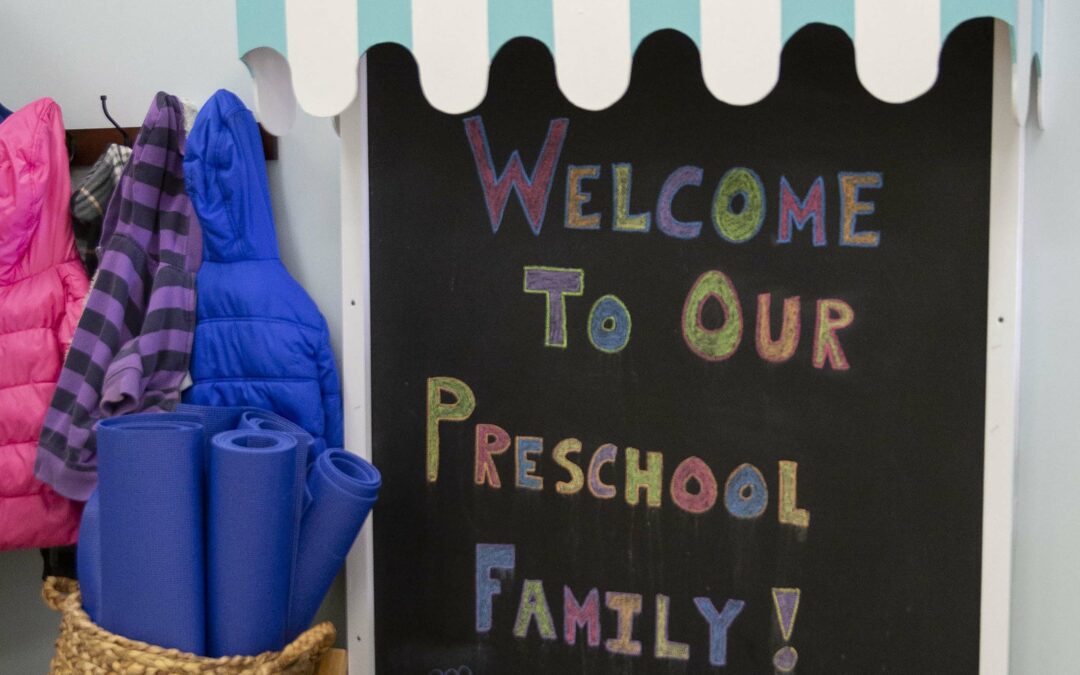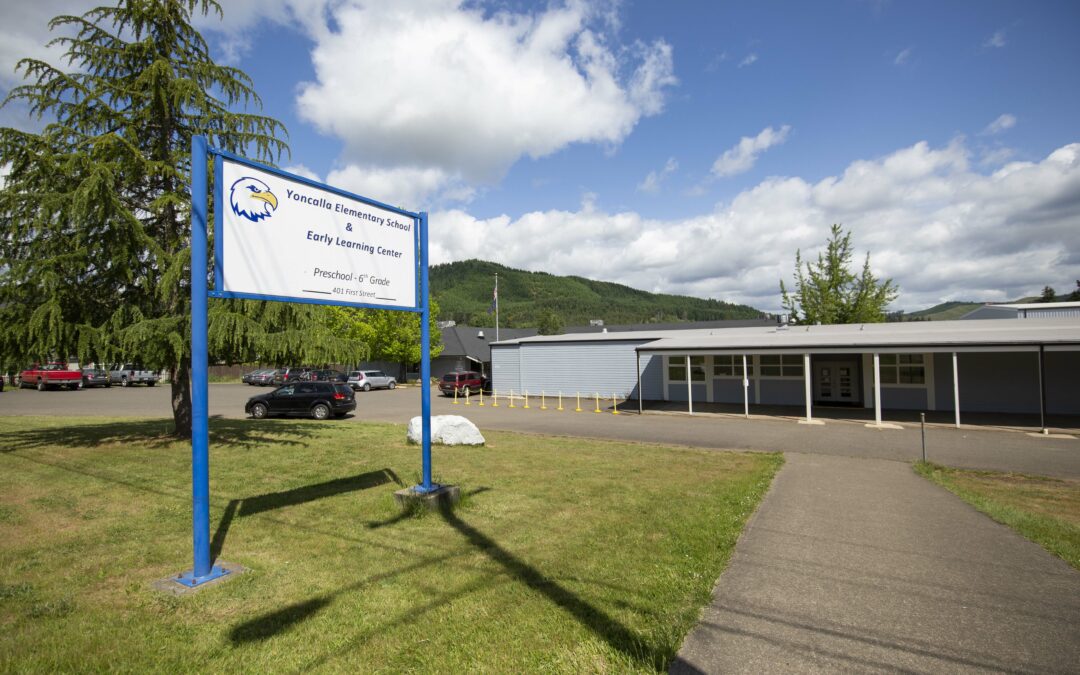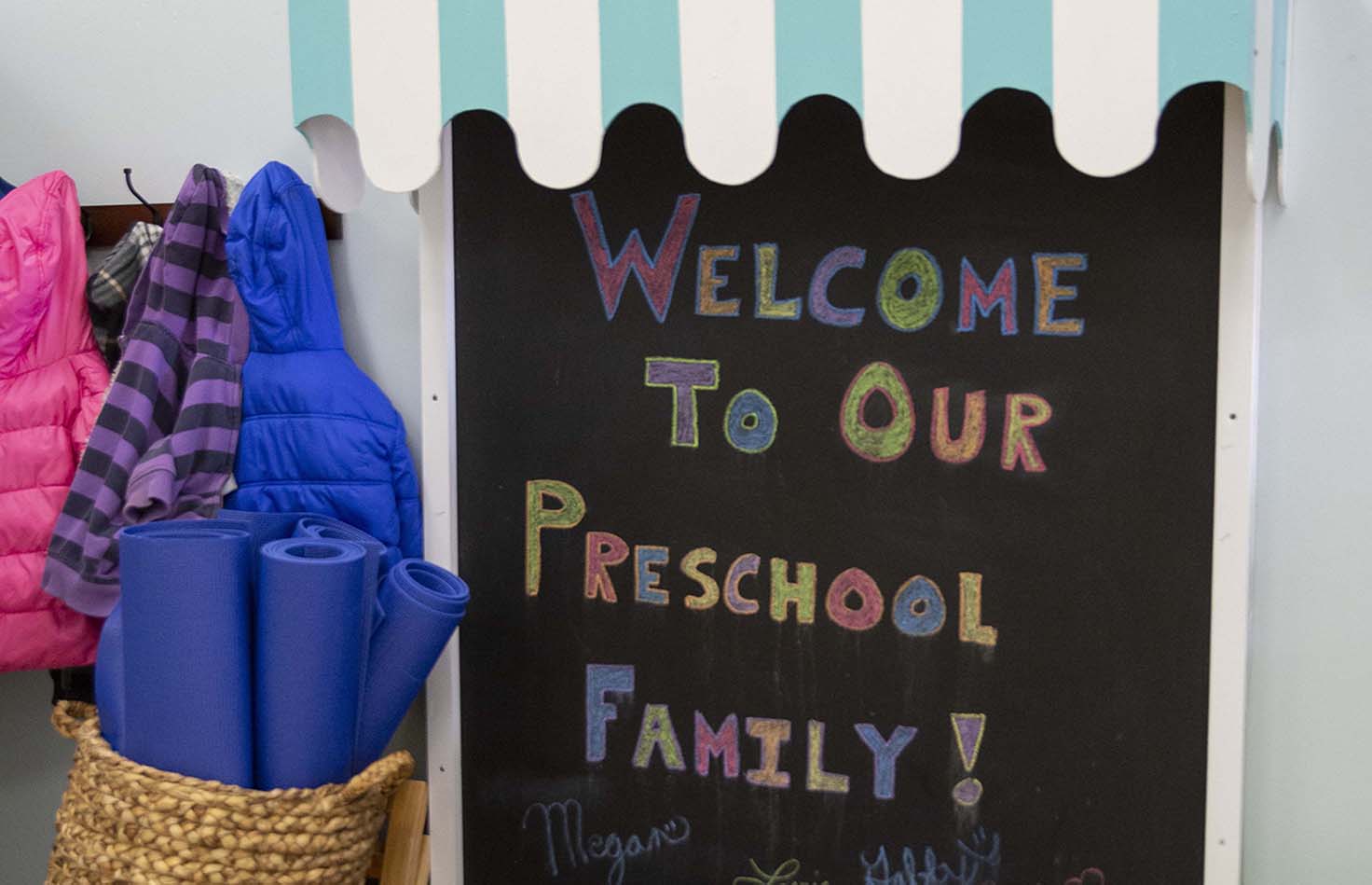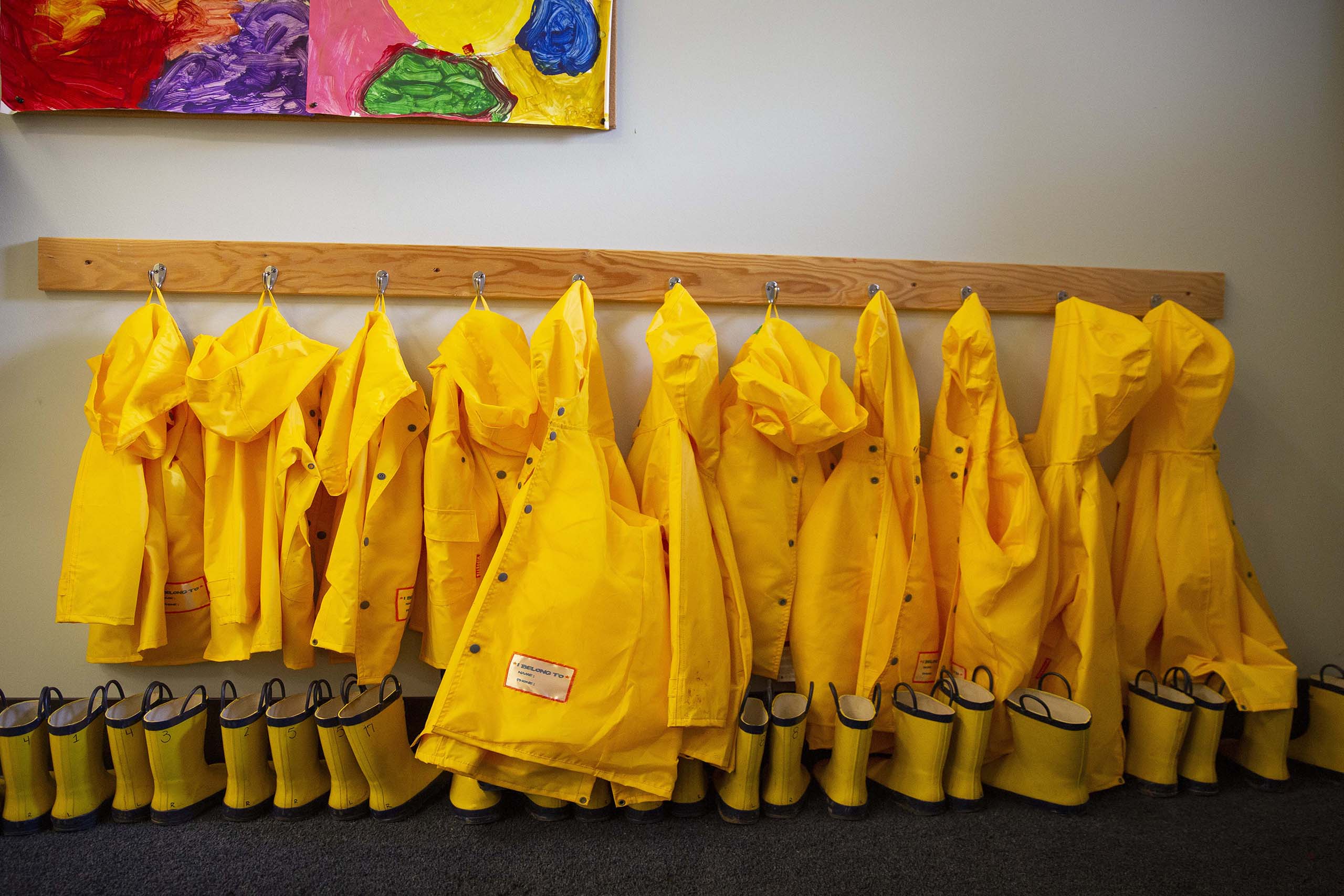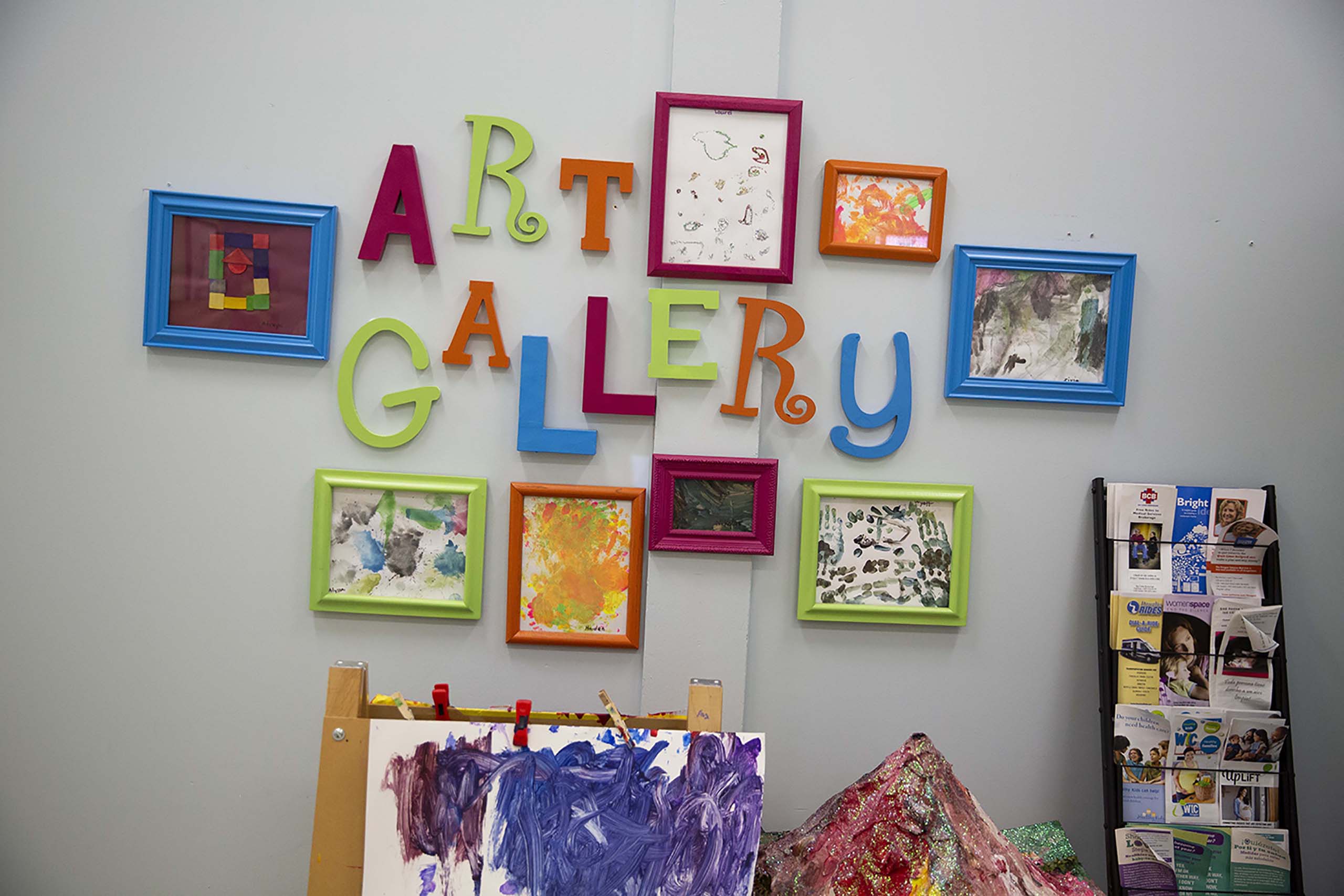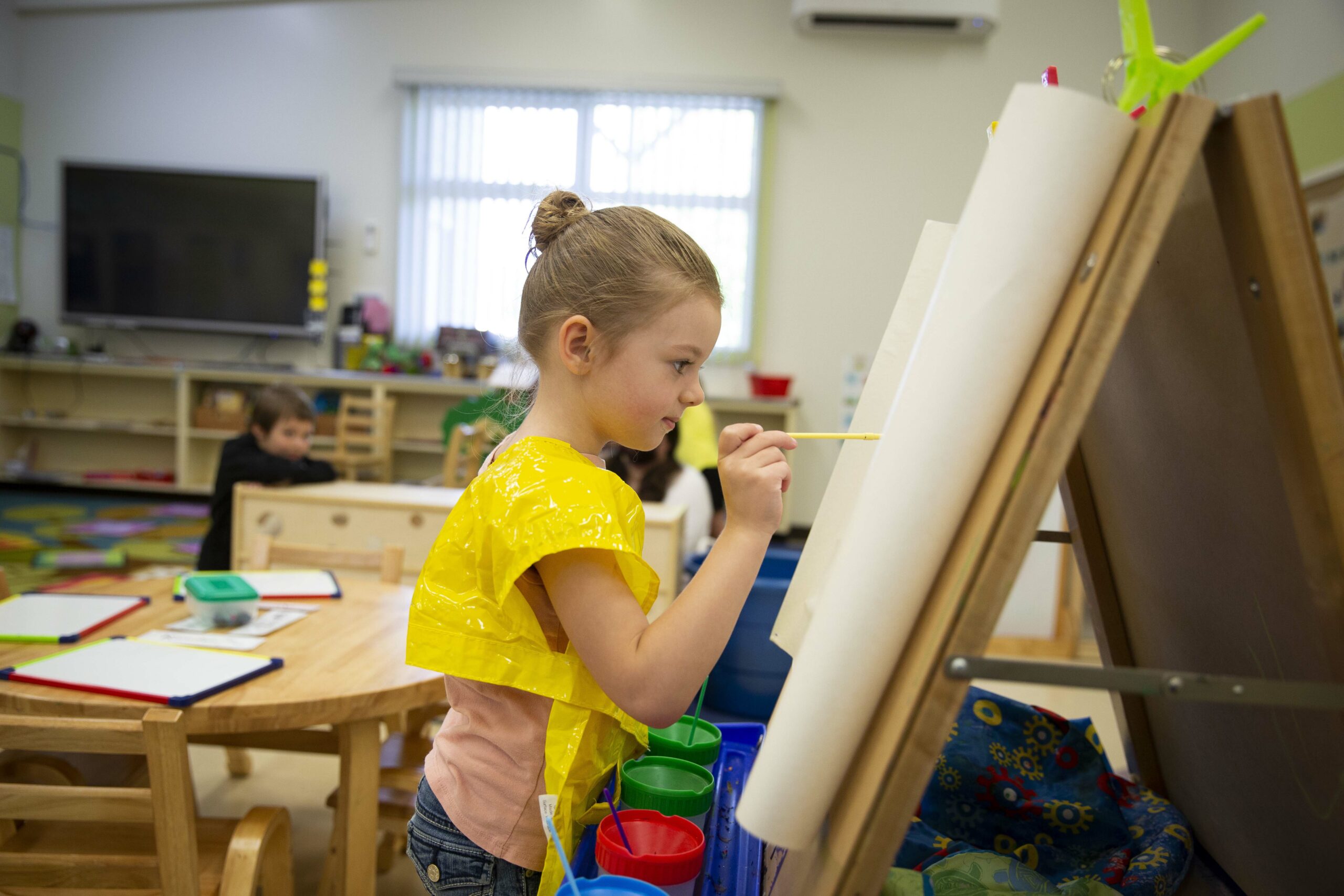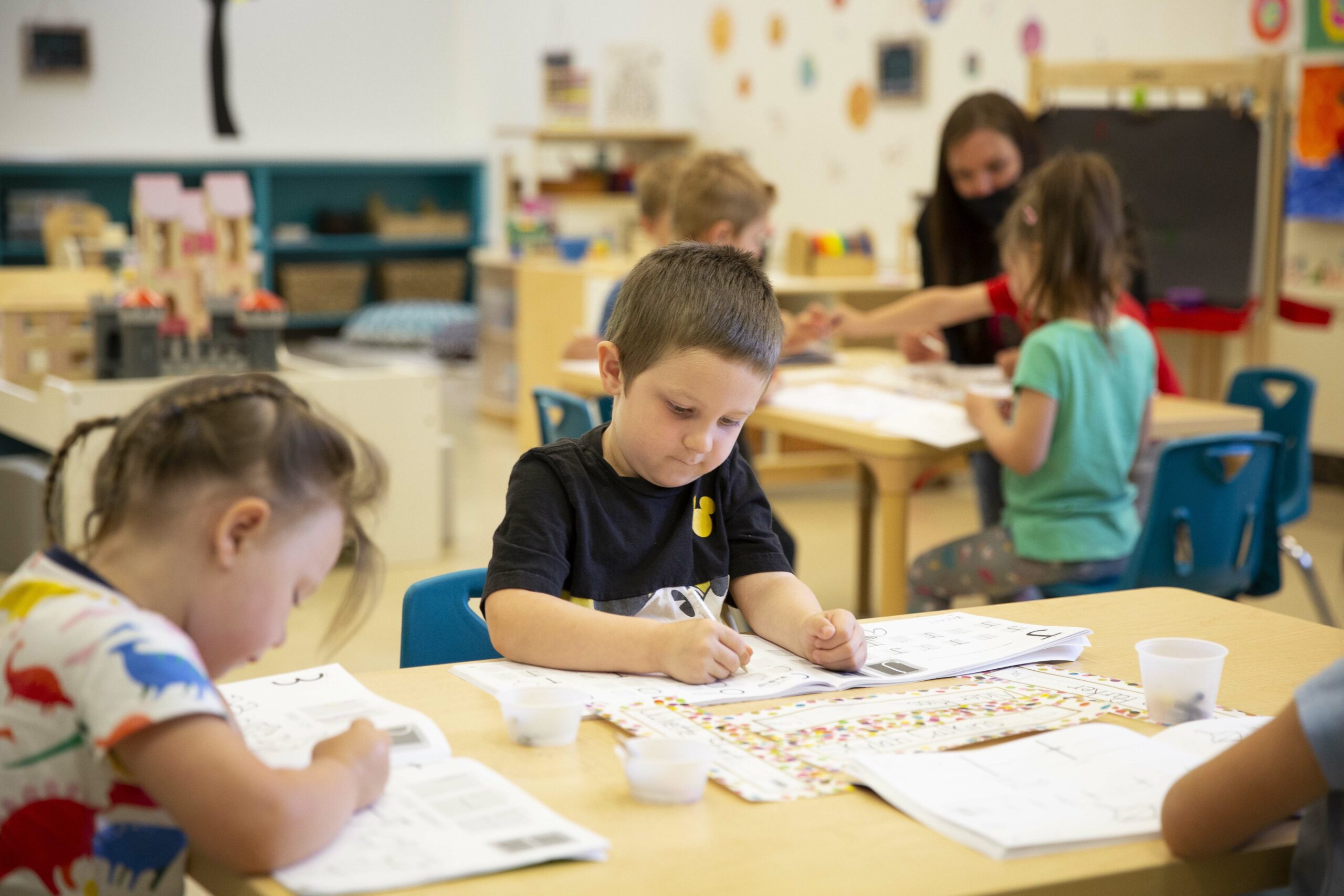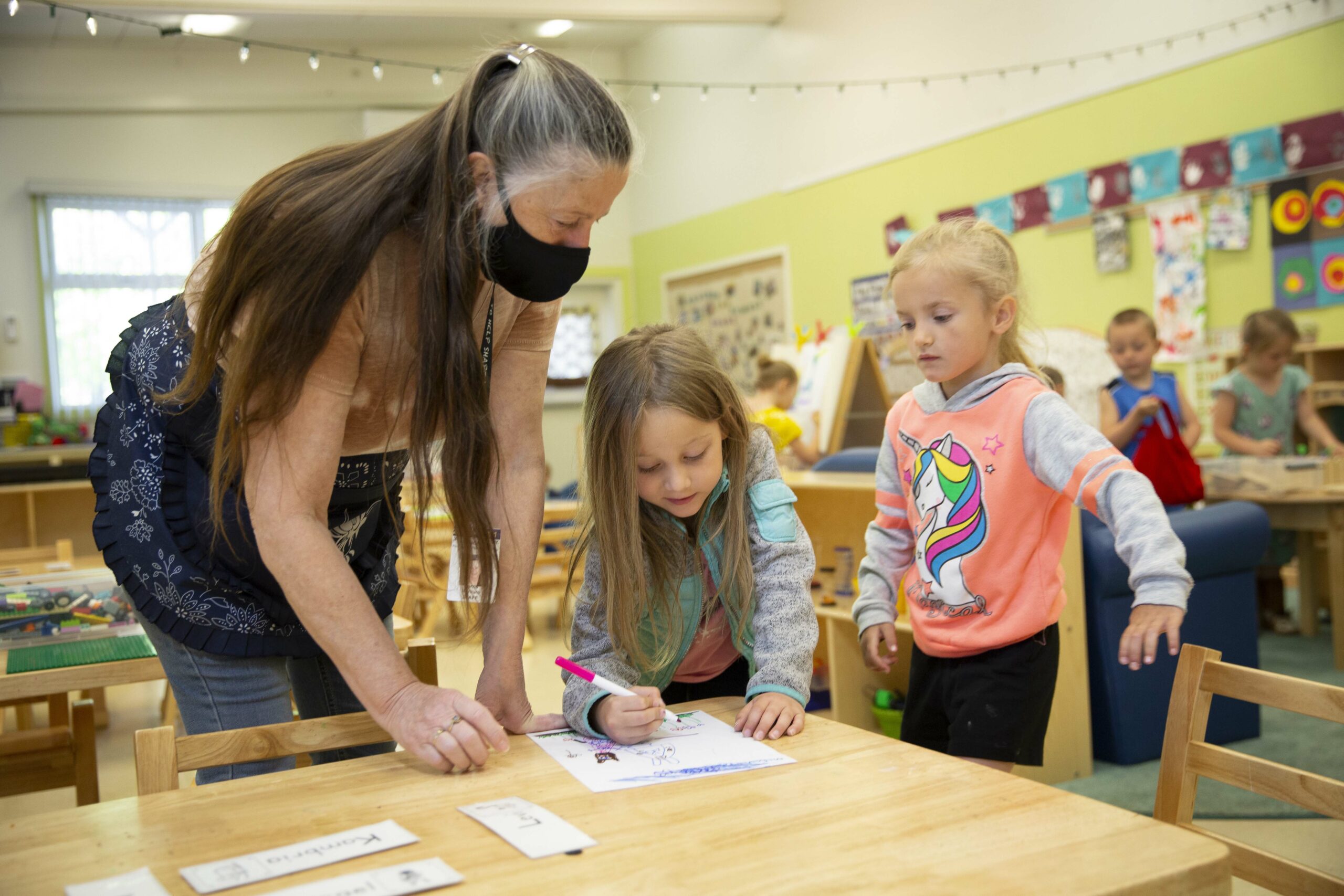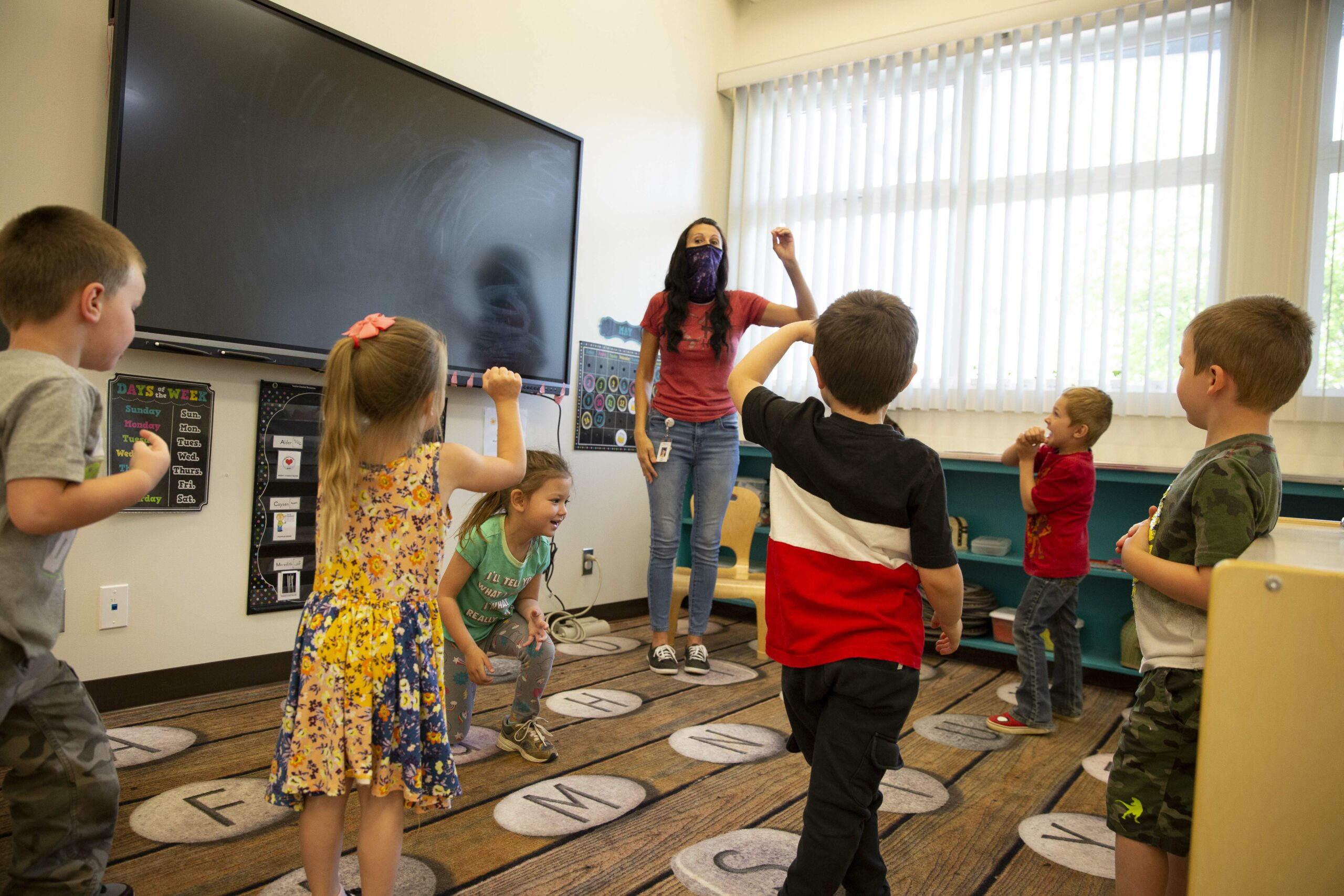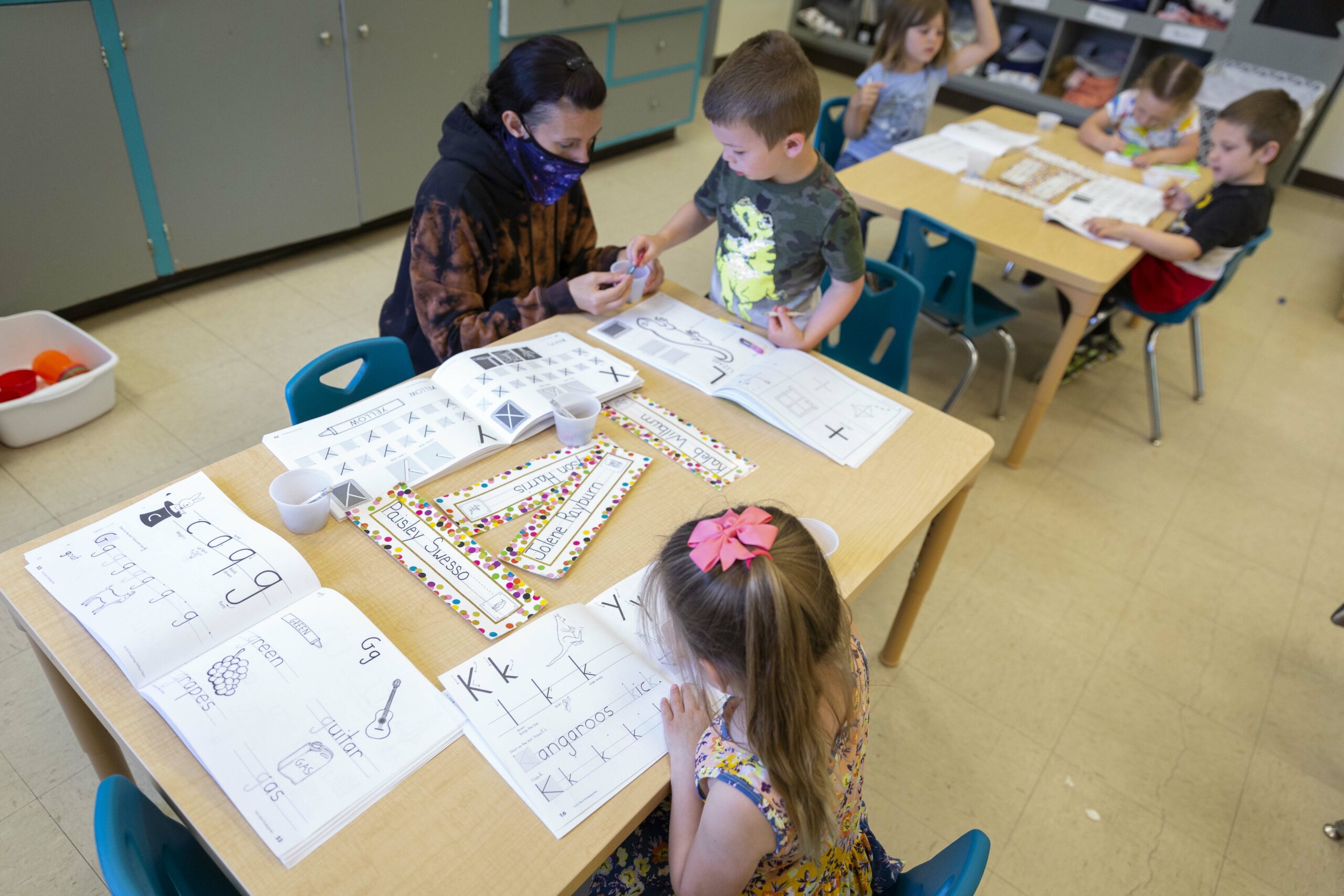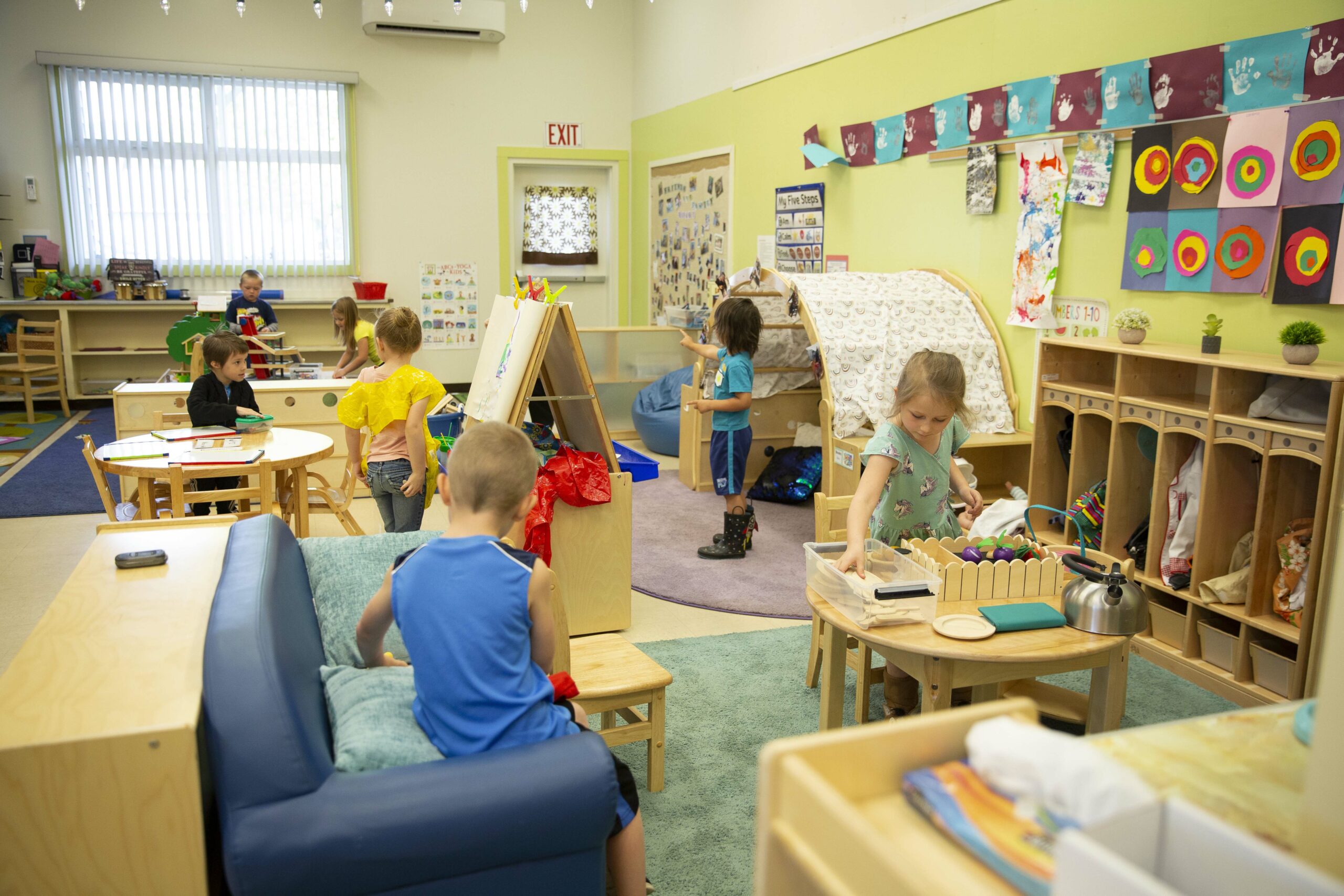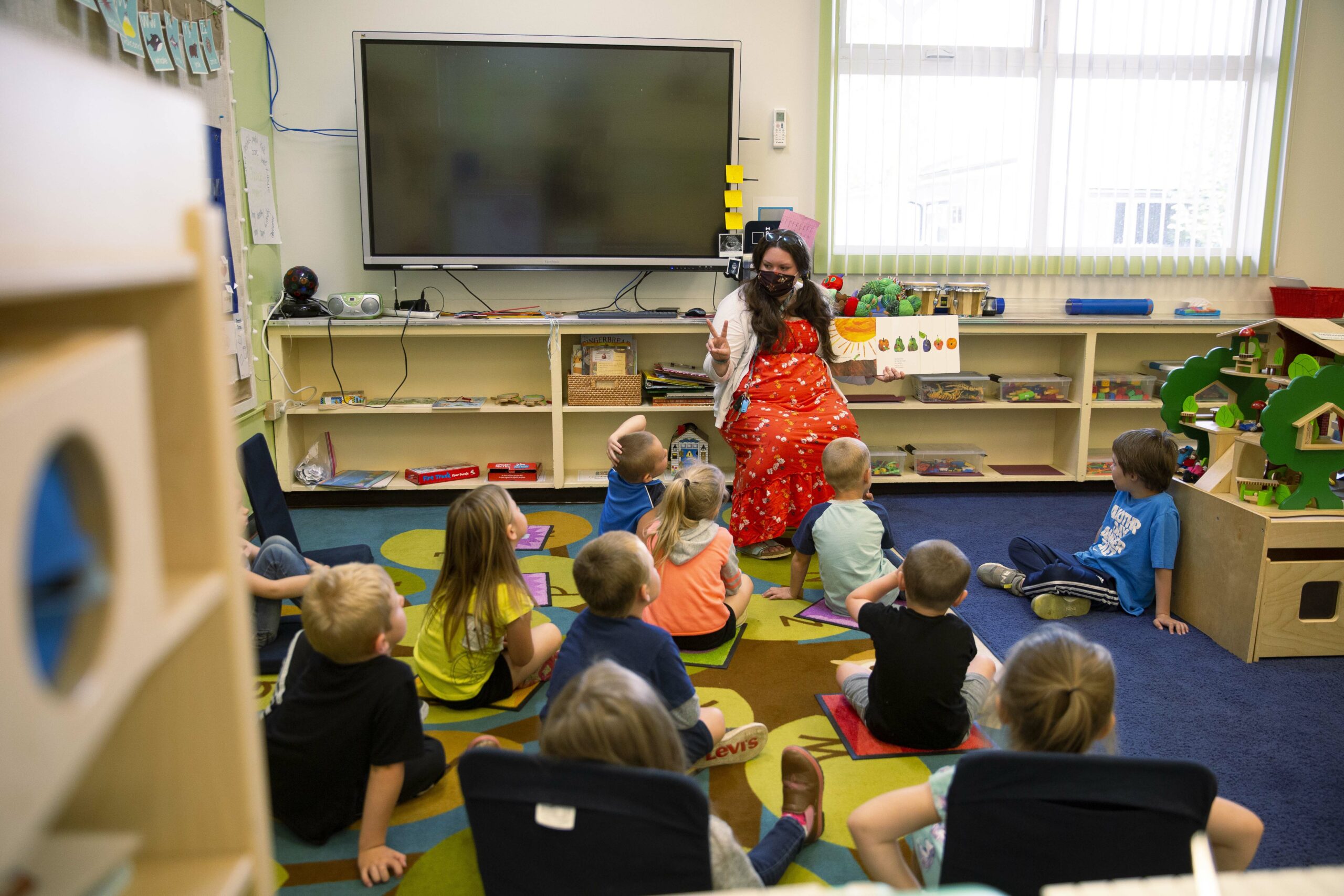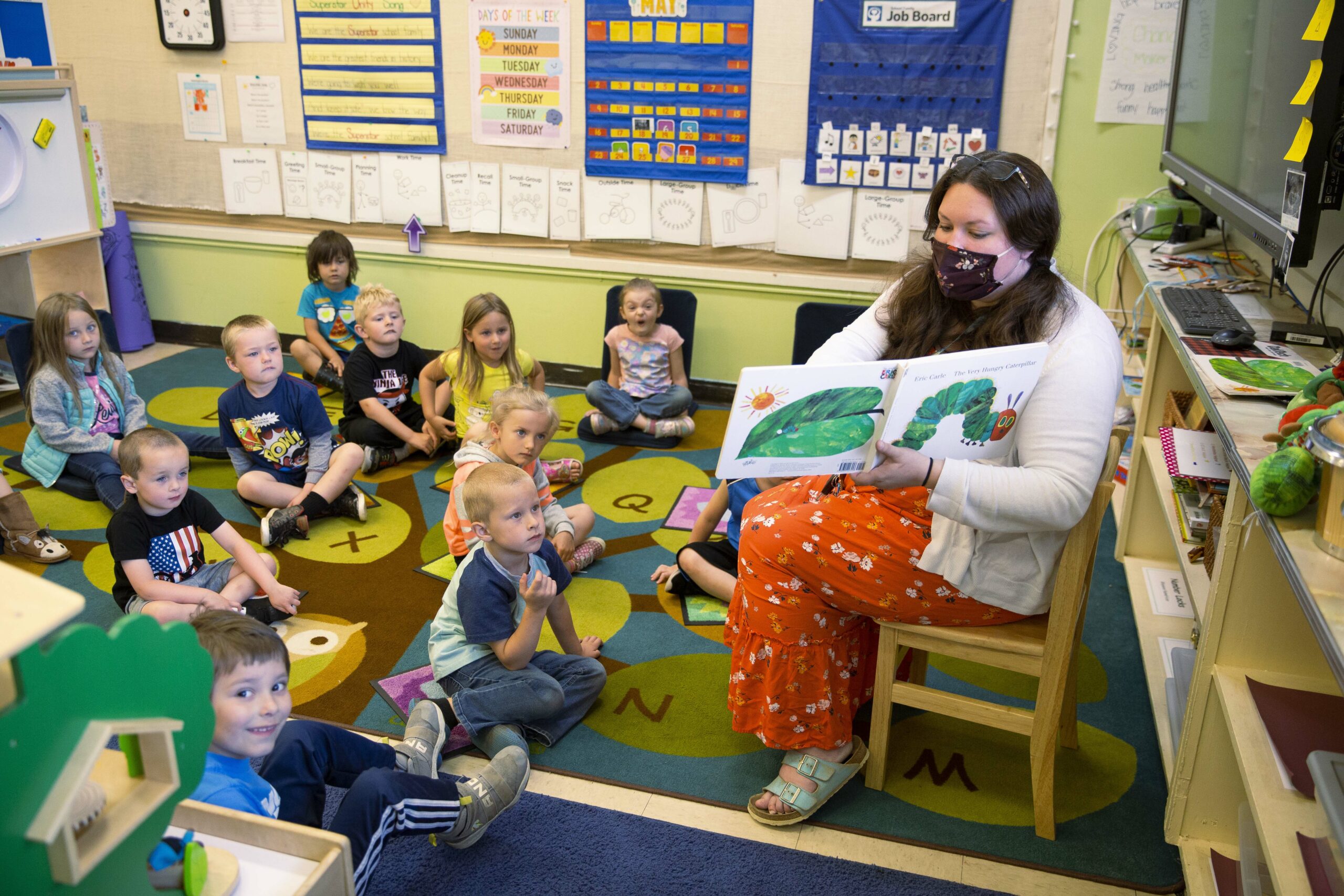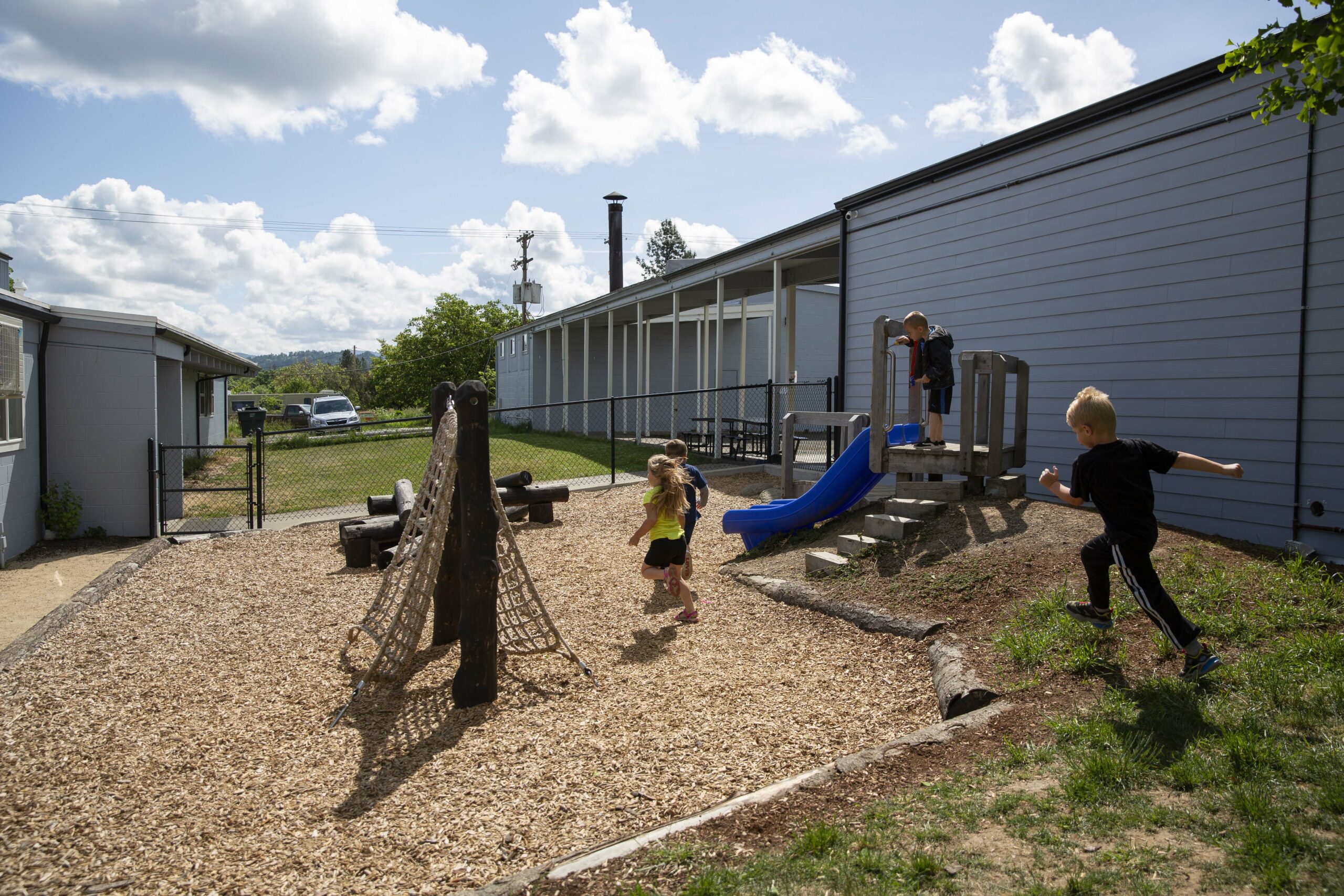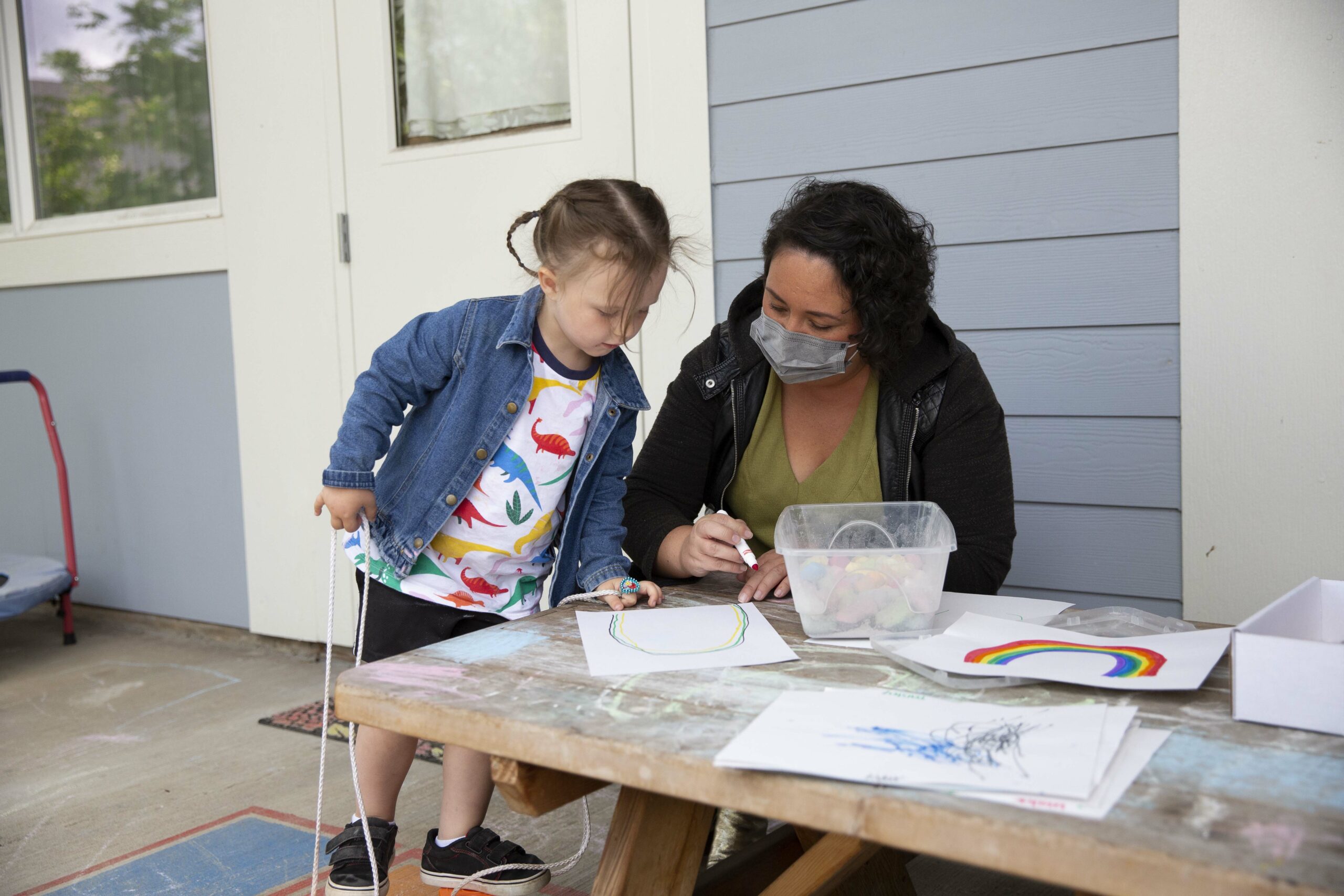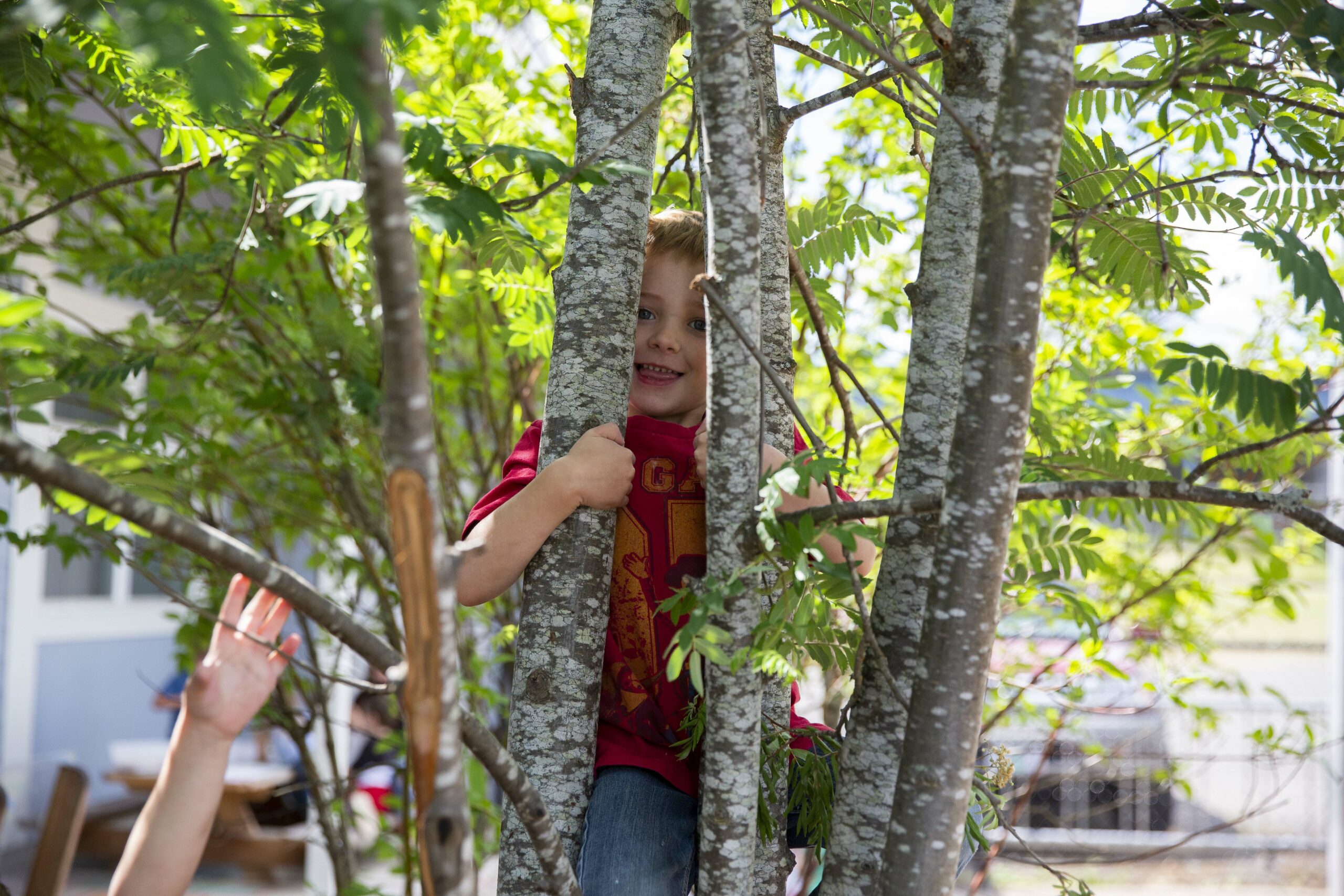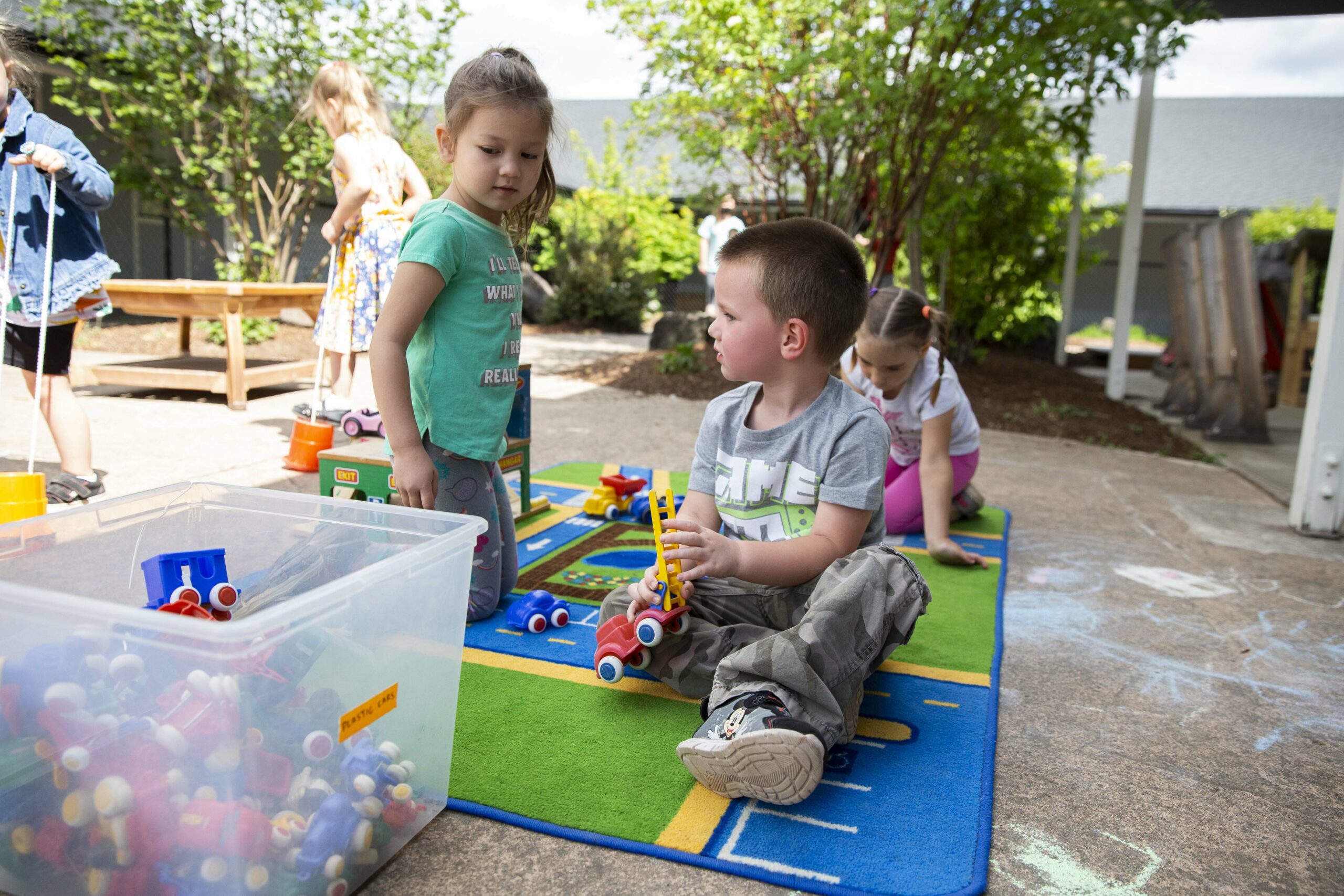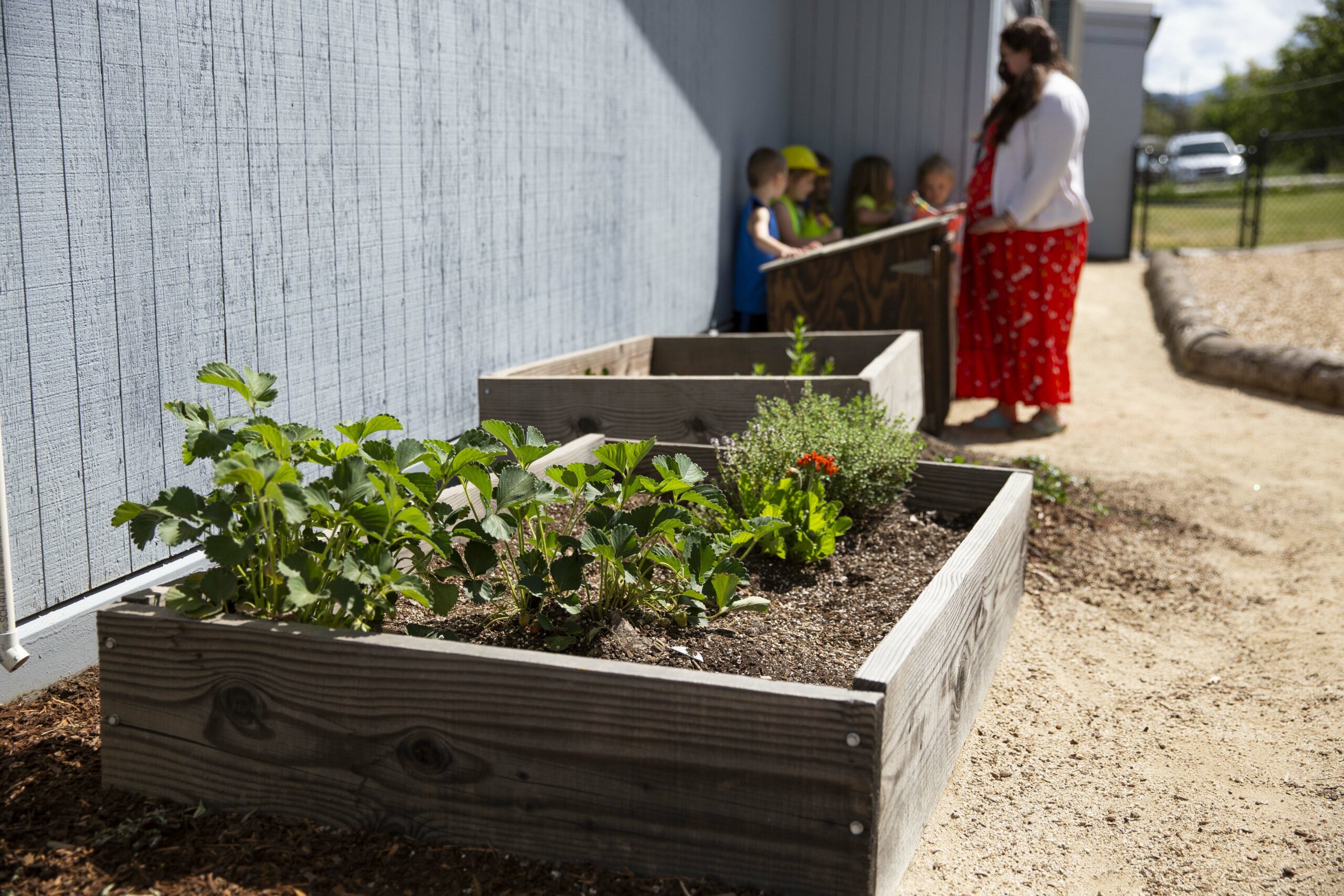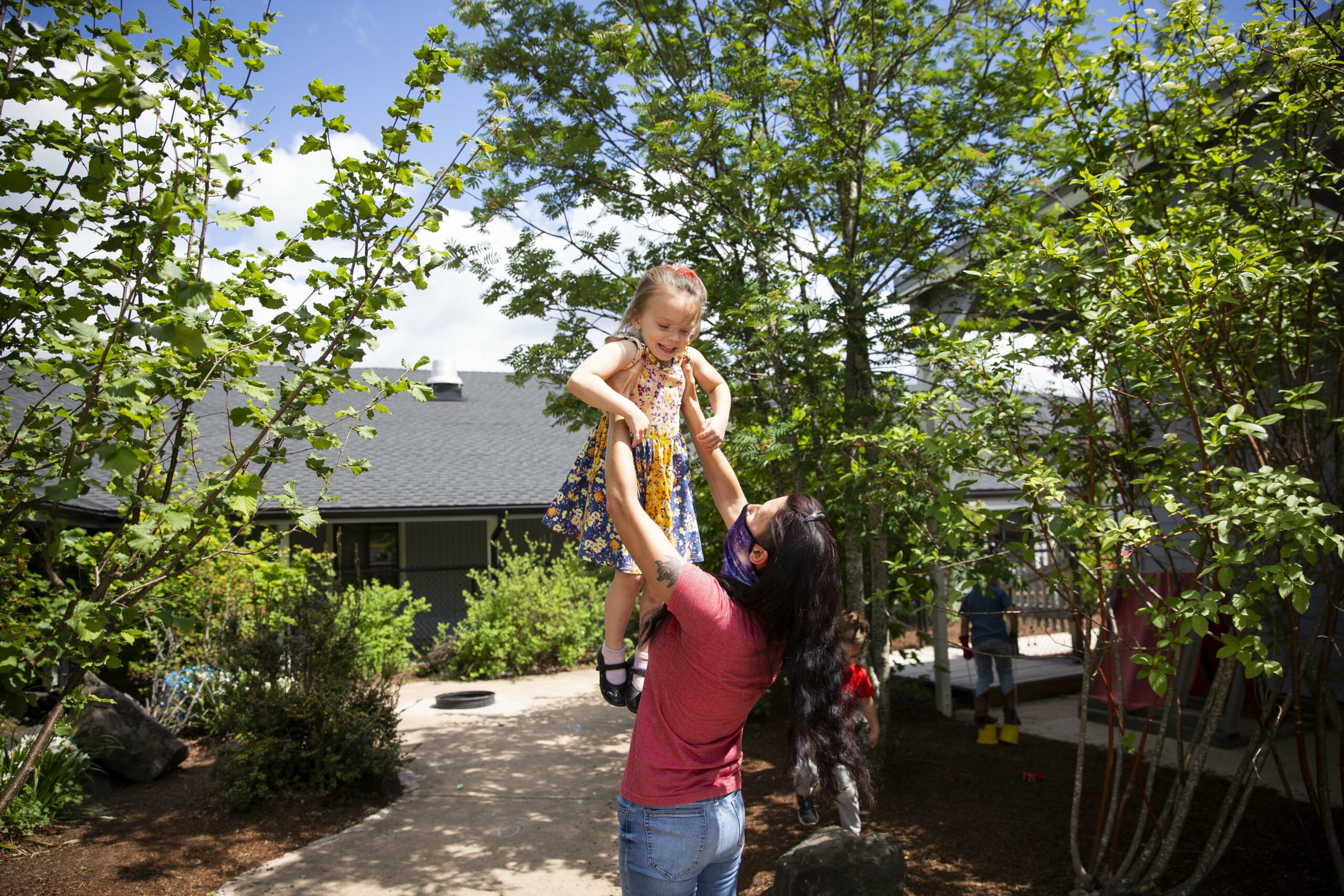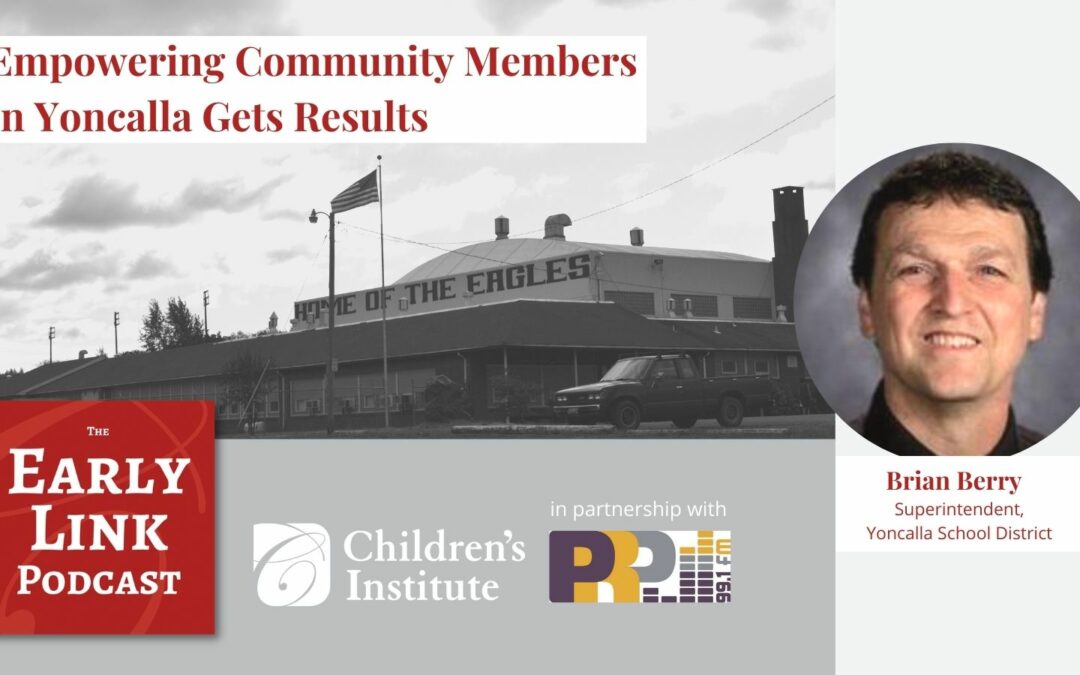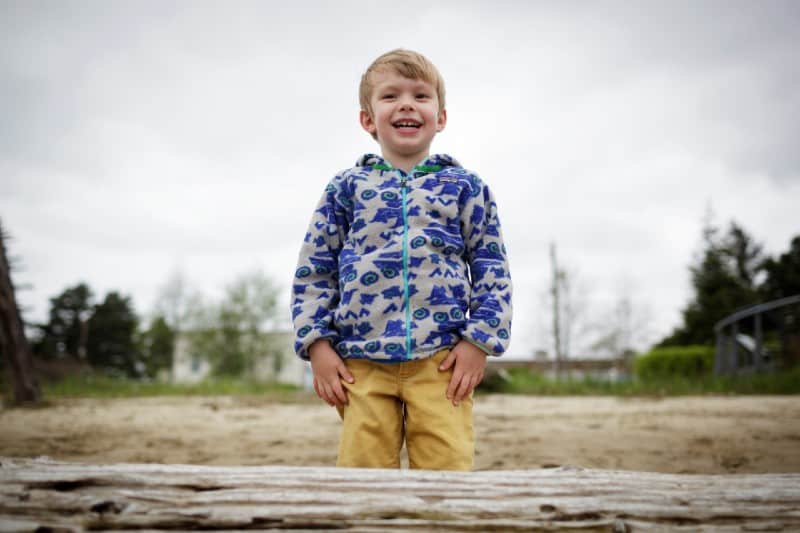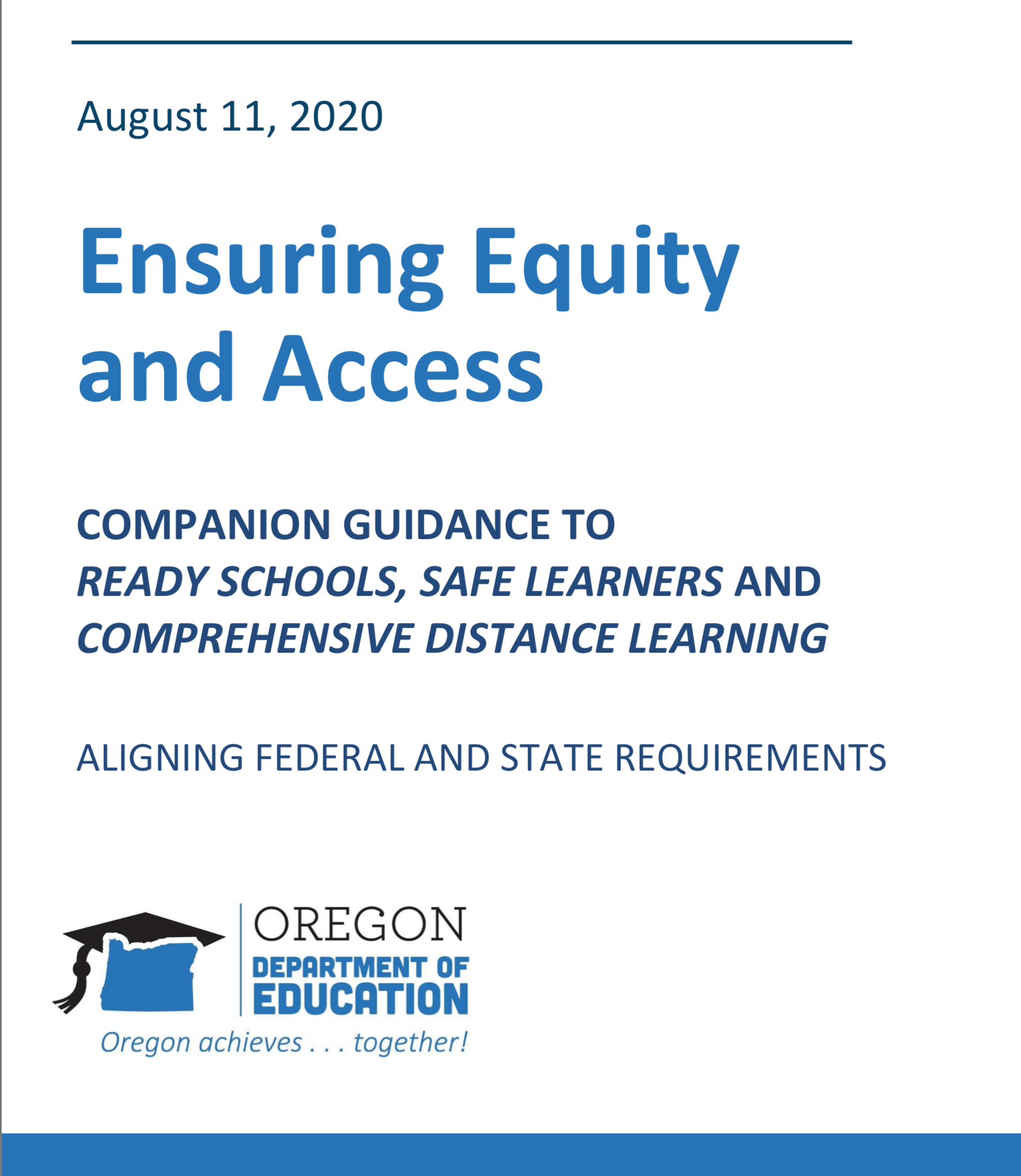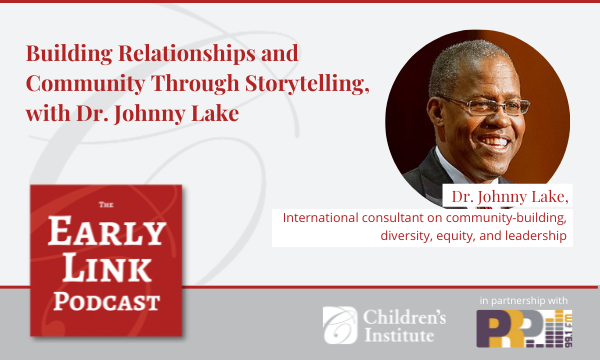
Building Relationships and Community through Storytelling, with Dr. Johnny Lake
Join us Sundays at 4:30pm for new episodes of The Early Link Podcast. Listen live at 99.1 FM in the heart of Portland – or online anywhere at PRP.fm.
This week, host Rafael Otto speaks with Dr. Johnny Lake, an international consultant and trainer on community-building, equity, diversity and leadership with a focus on what youth need, and what our education systems need to better serve students and young people. His scholarship has focused on diversity, race and culture, and personal and organizational growth. And he is a writer and a storyteller who uses story to build relationships.
Guest:
In addition to the credentials above, Dr. Johnny Lake consults with government, professional and educational agencies and organizations. He is an administrator on special assignment with the Eugene 4J school district and an advocate for needs of at-risk youth and provides teacher training institutes and student learning and leadership opportunities. In addition, Dr. Lake is an internationally recognized writer and storyteller. He holds a bachelor’s degree in history from Willamette University, has a Masters in educational leadership and administration, and received his Ph.D. in educational leadership, policy, management and organization. Dr. Lake is also a former chairman of the State of Oregon Commission on Black Affairs.Summary:
Dr. Lake opens by sharing stories about his childhood growing up in Tennessee, in particular how his grandmother helped him to realize his true potential. Then, he recalls some of the awkward conversations regarding race that crossed his path upon his move to Oregon more than 3o years ago. Next, he touches on some of tools he uses (especially storytelling) to truly connect and explore diversity, equity and inclusion with the school communities he works with. Among those being Yoncalla, a small rural, predominantly white town here in Oregon. He then talks about the integral role of the teacher in the measured success of the child, some of the essentials of that relationship, and ultimately how this could create ample institutional change. Dr. Lake concludes with what he hopes will change in the next 30 years, and what it would look like if we truly made progress on equity in the education environment.
Additional Resources:
Diversity, Equity, and Inclusion in Higher Ed and within the classroom
Preparing Staff for Diversity, Equity, and Inclusion Initiatives
Transcript
[00:00:00] Rafael Otto: Welcome to the Early Link Podcast. I’m Rafael Otto. Thanks for listening. You can always catch us on 99.1 FM in the Portland Metro on Sundays at 4:30pm or tune in at your convenience, wherever you find your podcasts, including iTunes, Spotify, and Amazon Music.
Today, I’m speaking with Dr. Johnny Lake, an international consultant and trainer on community building, equity, diversity, and leadership, with a focus on what youth need and what our education systems need to better serve students and young people. His scholarship has focused on diversity, race and culture and personal and organizational growth. And he is a writer and a storyteller who uses story to build relationships. Johnny, welcome to the podcast today.
[00:00:42] Johnny Lake: Thank you Rafael. I’ve been looking forward to this.
[00:00:45] Rafael Otto: It’s great to have you, I’m looking forward to the conversation. I thought you could start with… because I know your work is grounded in story, and if you could start with the story about how and where you grew up and what education was like at that time.
[00:01:01] Johnny Lake: Yes. I grew up in Tennessee, a small town, about 60 miles from Memphis. I grew up where racial segregation was the norm. I’m actually old enough that I was in racially segregated schools for my first four years where everybody was Black. Teachers were Black. Principal was Black. Janitor was Black. PE teacher was Black. Everybody was Black. So, questions about race, especially compared to white people, didn’t even come up because the white school, about a mile away, had all white kids, all white teachers, everything else. My whole family had attended those same schools, where the books we had were the throw away books from the white school.
We never got new books. We got the books that had been discarded. I talked to my auntie who was 90 some years old, and I asked her about schools and she says, ” They didn’t give us money for schools.” I said, “They didn’t give you money. How did you have schools?” She said, “We donated money and hired a teacher for our children.”
I said, “What about books, auntie?” And she gave me another incredulous look, “Books?” she said, “They didn’t ever give us books either baby.” I said, “Where did you get books, auntie?” She said when they throw away the books at the white school, the shoe man downtown would collect the discarded books. And she says the Black people would go downtown to the shoe man to buy books for their children.

